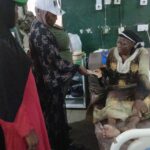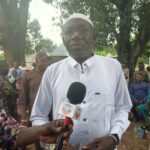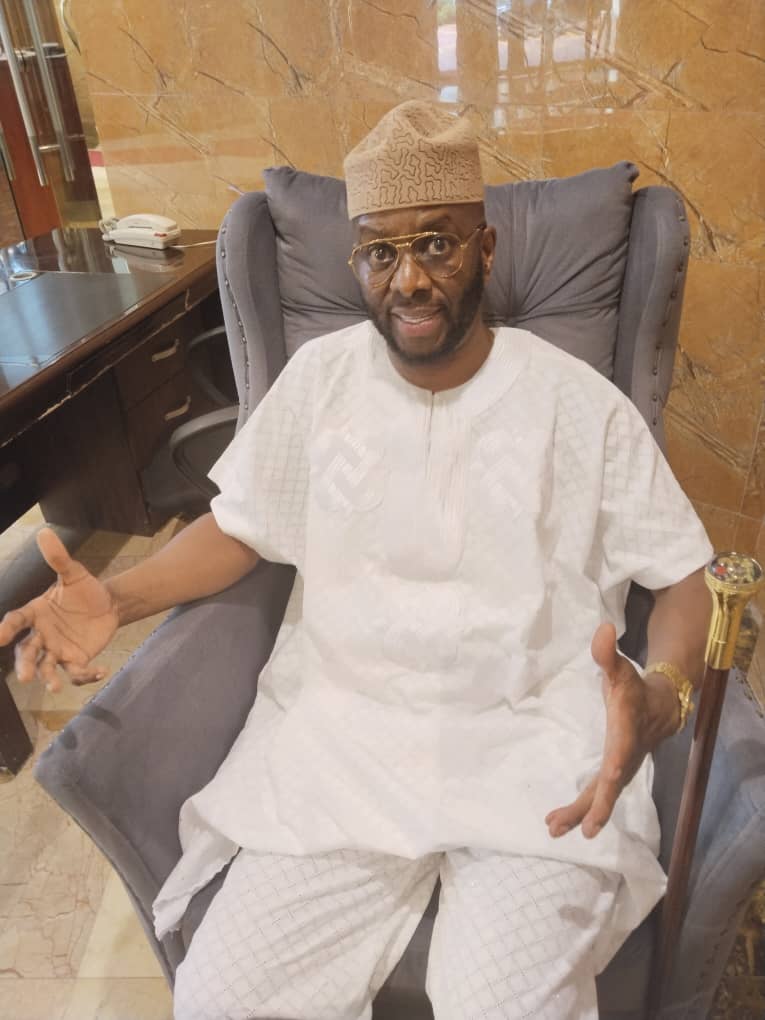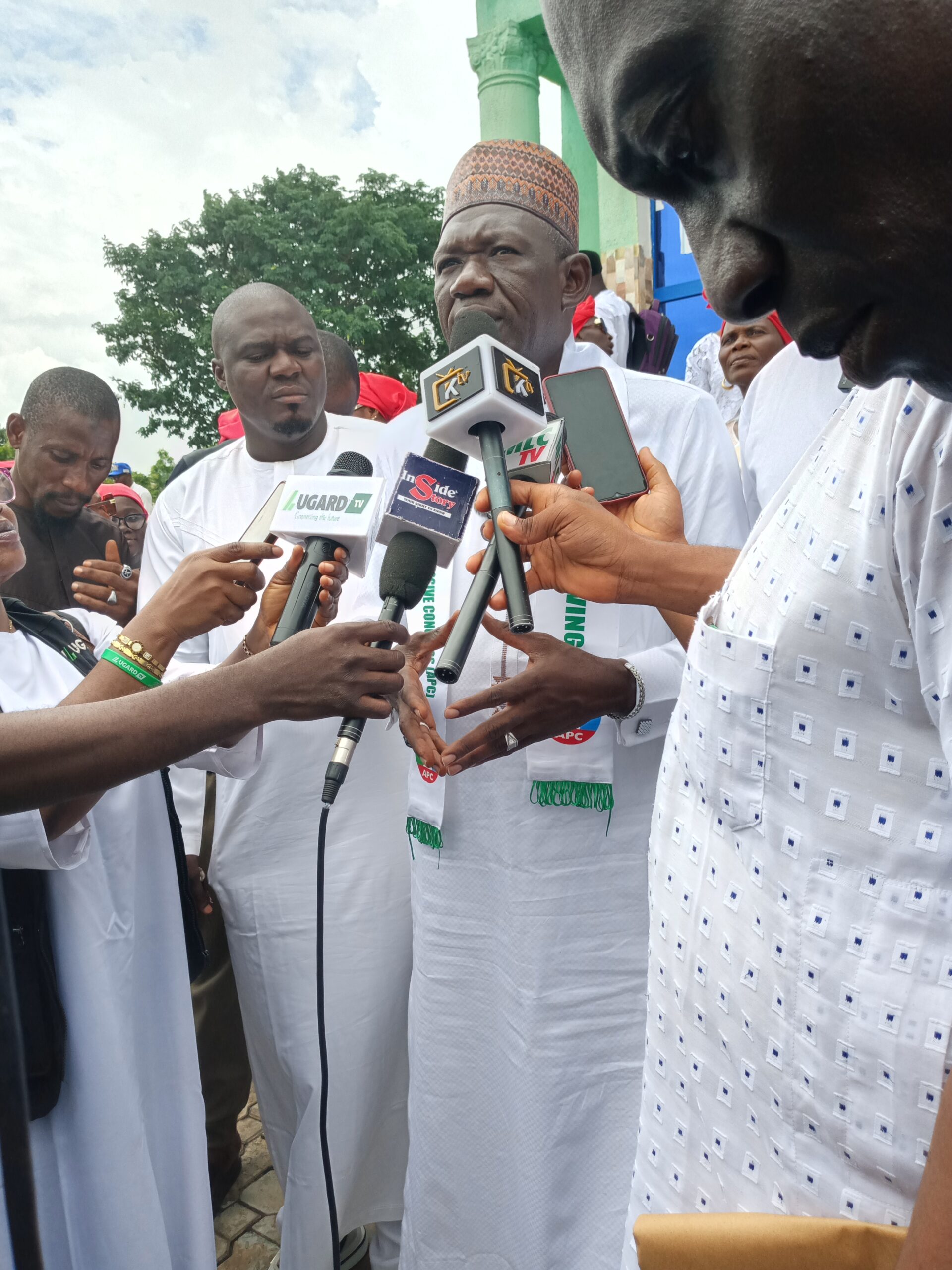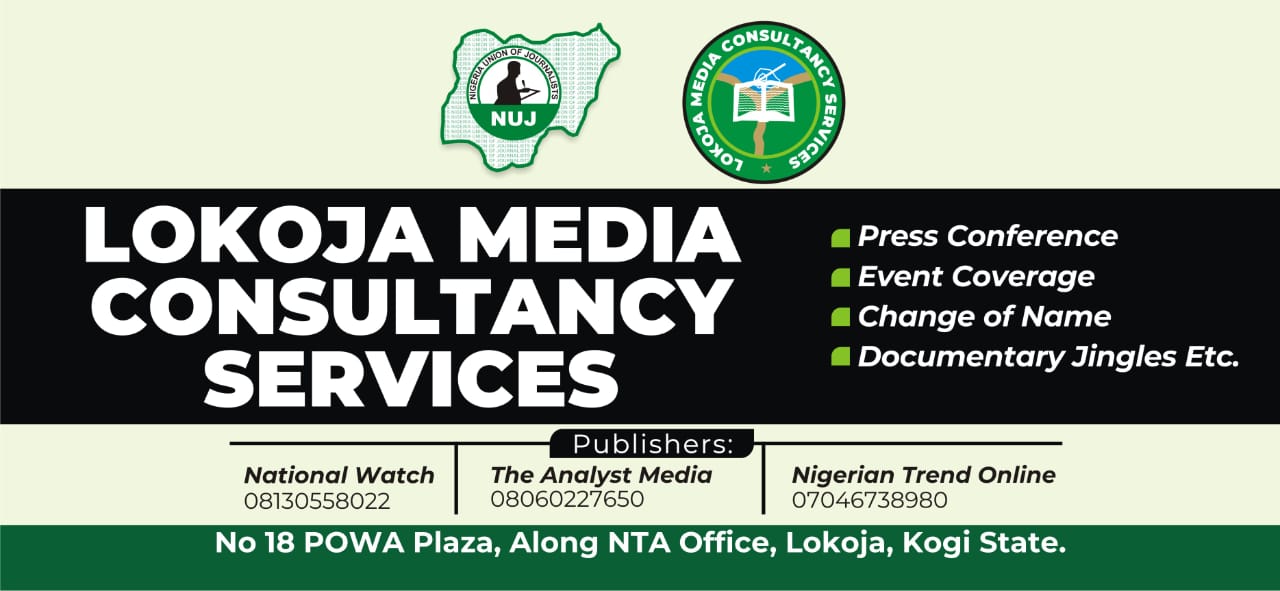
Elections are a crucial feature of democracy and constitute a fundamental part of the democratisation process.
As the 2020 general elections draw near, it has become relevant to remind ourselves of the security implications of the activities of all stakeholders (the state, the government, the political parties, the electoral management body, the citizenry, civil society organisations including the media, and the international community) involved in the pre-electoral, electoral and post-electoral phases.
Generally, elections, particularly those conducted in our part of the world and elsewhere, have their own characteristics which make them a potential source of
insecurity, conflict and instability.
Whilst some characterise it as ‘a do or die’ affair, others believe that it is something that must be won ‘at all cost’ and ‘by hook or crook’.
These negatives manifest at all stages of the electoral process and send the wrong signals to fanatical party supporters, some unprofessional security services personnel, the general populace and the international community.
The involvement of the Ghana Armed Forces in electoral processes over the years has been a delicate subject which some members of the general public have
expressed reservations about.
This time round, it could be used as a test and a measure of the military’s standard of professionalism.
This test would be through the collective and individual actions or inactions, when the military is called upon to assist with the management of the electoral process.
The Electoral Process
It must be appreciated that an electoral process that is well managed, that is, being transparent, free and fair, engenders security because it does not only facilitate the resolution of conflicts but also prevents conflicts.
On the contrary, a poorly managed electoral process is a real and veritable source of conflicts, violence and insecurity.
It undermines and endangers the democratisation process it purports to serve.
Accordingly, when the electoral process is mismanaged or is of dubious quality or not well conceived, is partial and biased, it leads to instability, loss of legitimacy of elected authorities, violent protestations, social upheavals, mistrust, doubts about institutions, deeper ethnic, tribal, religious and regional divisions.
These are serious security concerns that result from poor management of the electoral process.
We must also not be oblivious of the fact that some also make up their minds that as long as they do not win, the process is flawed and will not accept the results, notwithstanding how free and fair the processes are deemed to have been managed.
Security Concerns
As stated earlier, security during elections is a major issue. This security can be threatened by; skewed electoral laws, poor management of the electoral campaign period and electoral disputes, poor logistical arrangements, poor polling stations and collation centre management, as well as post electoral dispute management.
The threat to electoral security is further heightened in this era of COVID-19. These are issues which if not managed with commitment, honesty, tact, and meticulous planning, may lead to the deterioration of any suspicious situation and finally cause violence and insecurity. Each of the stakeholders involved in the electoral process is also a potential source of instability, insecurity and violence, irrespective of the stage of the electoral process considered.
It could be the electoral management body or its decentralized offices or political parties and their supporters (including vigilante groups and ‘macho’ men), the security services, institutions in charge of electoral disputes, the media professionals and the voters.
Thankfully, some of these veritable sources of violence, instability and insecurity are being addressed to forestall or mitigate their negative contributions.
The passage of the Vigilantism and Related Offences Act, 2019 (Act 999) and the Roadmap and Code of Conduct to Eradicate Politically Violent Vigilante Activities Ahead of the 2020 Elections are steps in the right direction.
The logical question to ask is, ‘are these persuasive and deterrent enough to prevent electoral violence and conflicts? Consequently, how well or poorly the process is managed or mismanaged and how the parties are prepared to cooperate with a well-managed process would determine the level of involvement of
the security services and eventually the Armed Forces.
Role of the Security Services
Notwithstanding the fact that the electoral process may be well managed or poorly managed, the security services would be needed during the stages of the process, particularly during the day of the elections.
In Ghana, the security services, comprising the Ghana Police, Immigration, Prisons, Fire and the Intelligence Services have been used over the year during past electoral periods to; maintain the peace, ensure security and free movement of persons and goods in the entire country before, during and after the Presidential and Parliamentary elections; take all necessary measures to maintain law and order during the organization of the elections; ensure the security of places for meetings, rallies and public events during election campaigns, polling stations, candidates, Electoral Commissioners, political party leaders and electoral materials by exhibiting professionalism and absolute neutrality towards all.
The services have also been deployed in past to ensure that ineligible and unauthorised persons do not cross our land borders to participate in the process.
Additionally, the use of the National Elections Security Task Force (NESTF) has been a regular feature with our elections.
The Inspector General of Police (IGP) is the Chairman of the NESTF and this is indicative of the lead role that the Ghana Police Service plays in this internal security architecture of the electoral process.
The IGP has recently announced that 62,794 security personnel will be deployed to secure the general election in December. The personnel will be drawn from the Police Service, Military, Fire Service, Prison Service, Immigration Service, Customs Division of the Ghana Revenue Authority (GRA), and the Bureau of National Investigations.
It must however be stated that whilst the security services are in the frontline assisting with the electoral processes, the military ought to be readied on the touchlines to be called in to assist when the security services are overwhelmed by the enormity of the tasks, and in emergency situations to complement the efforts of the frontline security services.
The Role of the Military in Elections
It must be established that as much as possible, electoral laws of most countries make conscious efforts to keep the armed forces or the military out of the electoral management process. Basically, and in Ghana, election related security issues are internal security matters which fall within the remit of the Police and the other security services.
The conventional wisdom behind the decision to exclude the Armed Forces from the implementation of the electoral process is, most often, based on the trite fact
that whilst the country becomes vulnerable to external aggression during electoral periods where the concentration of the entire nation is with contesting parties and individuals interested in breaking down the internal cohesion in order to gain more votes, the military must be combat ready to deal with any such external threats.
The Armed Forces are to protect the territorial integrity of the country as well as being an instrument against external aggression.
Thus, electoral issues are internal security matters that are reserved for the Police and other security services. The armed forces are traditionally to defend the territory integrity and intervene elsewhere only on requisition.
Thus, in times of elections, the armed forces are supposed essentially to be maintained in a state of alert to be called upon in case of disturbances whose magnitude is beyond the capacity of the internal security services.
The military could be requested to play a leading role in, for instance, the distribution of ballot materials to remote locations where its unmatched logistical capacity and good reputation could justify such employment.
Thus, the military can be tasked to assist the Electoral Management Body in transporting sensitive electoral materials to remote and inaccessible locations.
Additionally, the Armed Forces could be earmarked for emergency functions: i.e. stand-by forces mobilized at any time when the need arises. The issue to resolve is whether the employment of the military in Ghana in what is essentially a police function is grounded in law.
Relevant Constitutional Provisions
The constitutional provisions that are relevant to any discussions on the possible use of the military in the electoral process can be argued from the perspectives of Articles 210 (3) and 31 of the 1992 Constitution. Art 210 (3) gives a rather vague and nebulous indication of what the Armed Forces is set up to achieve. The provision states that:
“…The Armed Forces shall be equipped and maintained to perform their function of defence of Ghana as well as such other functions for the development of Ghana as the President may determine”.
It has also been contended forcefully that any President could order the use and deployment of the military for functions or tasks in the electoral process that could be in the remit of the internal security services and which could be construed or misconstrued as not being ordered in good faith in the national interest but in the parochial interest of a President and Commander-In-Chief (C-In-C), notwithstanding the oath he/she swore.
The deployment of the military as a show of coercive force to intimidate political opponents may be contemplated but may be defended under the constitutional provision quoted.
Additionally, with a President having emergency powers to declare a state of emergency under Art 31 of the 1992 Constitution, it has also been argued that the use of emergency powers may be abused by a C-In-C who may try to involve the military, particularly, in post electoral disputes.
These provisions could potentially be abused to take advantage of the military to conduct ‘emergency operations’ that may not inure to the larger national interest, if the leadership of the Military High Command do not act professionally.
Although not strictly related to an electoral situation, it is instructive and worth noting, the recent controversies surrounding the constitutional and lawful role(s) of the military or National Guard or Homeland Security structures in the handling of internal security situations including public agitations and citizen demonstrations in the United States of America over alleged racially motivated police shootings and killings.
The resulting debate over the authority, propriety and timing of the Presidents use or threat to use the National Guard or the Armed Forces in such situations may have some bearing on the discussion of the constitutionality and lawfulness of the deployment of armed forces in specific situations.
Military Professionalism
Military professionalism is a complex mix of professional expertise, organisational discipline, political neutrality and state protection.
Accordingly, the principles or touchstones that must guide professional military ethics include that of; faithfulness or fidelity to the constitution reflected in an oath; military commitment by members and its implicit willingness to lay down their lives if need be in defence of the people; respect of the connection between the military and the people; and the transparency of services to the nation untarnished by political partisanship.
Thus, military professionals need to be active in reinvigorating within the profession an ethic of selfless service to the nation, unsullied by political partisanship.
The Military has to be professional, independent, non-partisan and of high national integrity. The military should be beyond compromise and not be tempted to face conflicts of interest and ethical dilemmas.
Accordingly, for the military to be classified as professional, its loyalty must first be to the state and the constitution before anything else.
The Ghana Armed Forces (GAF) presently has a pool of highly trained and qualified military officers and other ranks most knowledgeable in the other professional fields such as; law, medicine, engineering, logistics and public affairs in addition to the military profession and the art of war fighting and other humanitarian assistance in times of emergencies.
The esprit de corp, expertise and discipline of the GAF may not be in doubt Roles and Missions of the Armed Forces.
The military is recruited, organised, trained and equipped for the purpose of combat missions. Its capabilities can be used for humanitarian and other civilian (civil-military cooperation and coordination) activities. All the non-combatant roles are spill-over uses of the Armed Forces which can be performed because the services possess the organisation, training, and equipment that are only maintained to defend the nation.
Redefining the military’s role is one of the more controversial elements of democratisation processes. Strategies should emphasize military participation in the
process.
It has been suggested that military personnel and the military establishment should not be defied, but incorporated into the decision-making process in order to
ensure security.
The Public’s Apprehensions
Many Ghanaians who are concerned about security during the electoral processes are quick to refer to the classical situation of our western neighbour, La Cote D’Ivoire, during that country’s 2010 elections, where the military without reverence to the preeminence of the national interest, fought for Laurent Gbagbo, the incumbent President, who was adjudged by all indicators and the international community to have lost the general elections of November 2010.
This seemingly parochial and misguided action of the military plunged the state into chaos, anarchy, untold hardships and misery particularly, for the vulnerable persons and what followed is now history.
It is also an open secret that the Ghana Armed Forces like most, if not all the other security services are generally split on partisan political lines and this does not bode well for stability, cohesion and development of the nation.
How the military has to conduct its affairs when called upon to assist is what is engaging the attention of most well-meaning Ghanaians. Most are unsure about the level of professionalism that would be displayed.
It is expected that the military and all the security services should rise above partisan politics so they can discharge their responsibilities that accord with civilised and best practices. Members of the military are not to be seen as partisan politicians even though the military is an appendage of the executive arm of
government that is controlled by a partisan political party at any one time.
The need to assuage the fears, apprehension and anxiety that the military could be used to create insecurity and be so used when a state of emergency is declared must guide the decisions of the military.
Other Expectations
From the outset, it is expected that political leaders or the C-In-C who superintends the activities of the Military would not issue injudicious or immoral orders, policy, or legislation with respect to the use of the military in the electoral process that would put the leadership of the military in any awkward and absurd position to comply or otherwise.
The general public contemplates that if the Police and the other security services are well resourced and trained to perform their duties professionally, they should be able to handle all the electoral security challenges without recourse to the military whose entry into the fray could be politically abused and present several constitutional interpretations.
Ghanaians again expect the military to be mindful of the fact that the national interest (maintenance of freedom and justice) should be the utmost priority and the military should not be drawn into partisan politics. Additionally, the country expects the military to be minded of how they could be relevant in contributing towards resolving other human security related challenges.
The good people of Ghana and the international community expect the military to keep to their traditional and the emerging developmental roles of defending the territorial integrity and sovereignty, peacekeeping, responding to national emergencies and disasters, protection of strategic national assets, among others rather than dabbling in partisan politics, election day antics of voter intimidation, suppression and trickeries, and rigged electoral system.
Again, Ghanaians expect the Ghana Armed Forces to adopt constructive and enlightened approach to issues concerning the elections and their role in the conduct
before, during and after the elections and when called upon to assist, they should take ethical and moral decisions that may be required in a tough and chaotic environment.
Conclusion
It is to be underscored that the comments in this article are being made before the facts and with less knowledge of the conditions under which the military may be called upon to make certain decisions. It may be fair therefore to give the benefit of the doubt to the leadership of the Military and assume that they would professionally lead the Armed Forces to do the right things in the national interest.
Notwithstanding this concession, the public becomes apprehensive when the military is called upon not to fill logistical gaps but to be used in other roles such as assisting in ensuring law and order before, during and post electoral periods.
The public also perceives the military as a respected institution and as a defender of the people.
A high standard of professionalism is therefore expected of the military at all times especially during the 2016 elections where the stakes are so high and there should be no room for security miscalculations.
Recommendations
In the light of the above, the following recommendations may be proffered for consideration by the political establishment and the Armed Forces:
The Police and the other Security Services should be well resourced and tasked to discharge their responsibility of ensuring the management of electoral
security challenges efficaciously and professionally.
Pronouncements and statements from the military must be measured and circumspect so as not to inflame passions and offend the sensibilities of any
political party or any social groups.
The pre-eminence of the national interest as the utmost principle of the all military decisions and actions should be sanctified.
Unnecessary show of force during the period of the electoral process, particularly, when disputes appear to be simmering should be avoided. There should be a limited visibility of the military during the period of the electoral process unless it is absolutely necessary.
In addition to the logistical support that the GAF would be called upon the render, the military’s neutrality and professionalism in all electoral activities including disputes and conflicts resolution must be showcased and held sacrosanct in the upcoming elections.
The military as an institution must remain apolitical, maintain its integrity, act within its own convictions, and do what is right and just.
The military should endeavour to let the principle of professionalism and positive civil-military cooperation be more enduring than partisan politics.
Naval Captain Ike Kwantwi-Mensah (Rtd) and Commander Tom Kwesi Aggrey-Fynn (Rtd), writes from Ghana.



